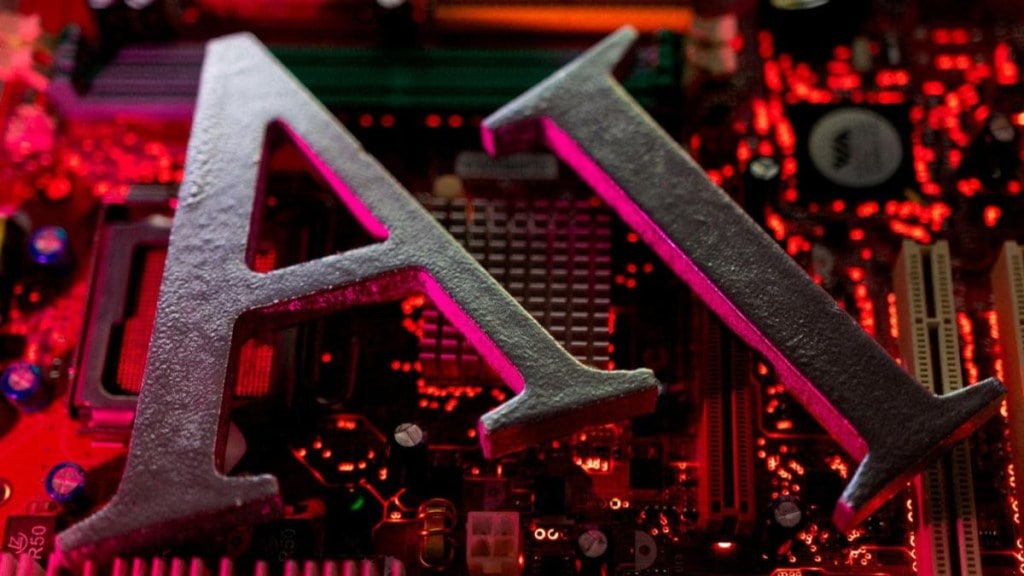Generative artificial intelligence (GenAI) could impact 17% of working hours — almost 1.1 billion hours—across the Asia Pacific region every year, a new report by Deloitte said. This transformative effect of GenAI could either automate certain tasks or augment them, requiring workers to integrate AI into their workflows.
Developing economies are adopting GenAI 30% higher than their developed counterparts, with India leading the way in the adoption and integration across educational and professional sectors, the report said. The survey reveals that 93% of students and 83% of employees in India have used GenAI. This widespread adoption positions India at the forefront globally, ranking first out of nine countries for Gen AI usage. The trend shows no signs of slowing down, with the percentage of users expected to increase by 182% over the next five years.
The company surveyed over 11,900 individuals across the region, including about 9,000 employees and 2,900 students.
Further, the report showed that the use of GenAI saves users almost a day per week, freeing up time for learning new skills and leading to higher levels of satisfaction in both work and academic settings. The top three benefits of Gen AI cited include increased speed in completing tasks (86%), improved quality of work outputs (85%), and an enhanced ability to generate new ideas (83%).
Despite these advantages, several barriers to business adoption remain, including implementation challenges, concerns about risk, and insufficient understanding of the technology.
Additionally, the study maps the impact of gen AI on 18 industries, identifying those facing a “short fuse, big bang” scenario—where changes are both imminent and significant—including finance, information, computing and technology, media, professional services, and education. These sectors, which make up roughly one-fifth of the economies in the Asia Pacific, are expected to undergo rapid transformation.
Industries involving more manual tasks such as agriculture, construction, transportation, and wholesale and retail trade are expected to experience less disruption over a longer period compared to knowledge-intensive sectors.









